If you’ve been considering a move away from petrol or diesel to an electric car, you may well be wondering how much it costs to charge an EV.
It’s a good question because there are huge differences in the cost of charging an EV at home compared with at a public charge point. Drill down and these costs change depending on what sort of domestic energy tariff you're signed up to and which sort of home charger you use. As for public chargers, what speed of charging and which of the many providers you choose affects how much you pay at these places. They may be convenient but this convenience comes at a price.
Government tax also has a bearing on how much you pay. For example, using a public charger you’ll pay 20% VAT compared with 5% charging with domestic electricity at home.
It's all quite complicated but we make sense of it here.
How much will it cost to charge my car at home?
The vast majority of electric car drivers charge at home, where it's not only cheaper to do so but also far more convenient. Even with the recent hikes in electricity prices, you will still be saving cash on every refill compared with a traditional petrol or diesel car.
For example, charging a Kia Niro EV with a 64.8kWh battery and a claimed 285-mile range at home will cost around £15.88 for a full charge, based on the current capped tariff of 24.5p (£0.245 x 64.8kWh). This figure assumes you're charging an empty battery to a little short of 100% but in reality you're likely to be charging from around 20% to 80%, the maximum you should charge to preserve battery cell life. Sticking with a full 0-100% charge at £15.88, though, gives a cost per mile of 5.5p.
Some energy providers offer special tariffs for electric car owners, providing even cheaper rates for overnight charging. Octopus’s Intelligent scheme, which works with select EVs (or any EV connected to an Ohme ‘smart’ wallbox) gives six hours of electricity per night at 7.5p per kWh. If you have a 7kW charger, that means you could recharge almost two-thirds of the Niro EV's battery for just £3.15. If you’re able to complete a full 64.8kWh charge solely on that off-peak rate, it would cost just £4.86 – a fifth of the cost of charging it at the capped energy price of 24.5p.
Moreover, if your home has solar panels, some chargers can use this ‘free’ energy to charge your EV, further reducing bills. There are even trials running for bi-directional charging that allows you to ‘sell’ any surplus power from your EV back to the grid.
Home charging for company car drivers is more complex, owing to the need to prove how the energy has been used. However, drivers can claim 9p per mile for business trips in electric vehicles, which is the easiest way to avoid administrative headaches.


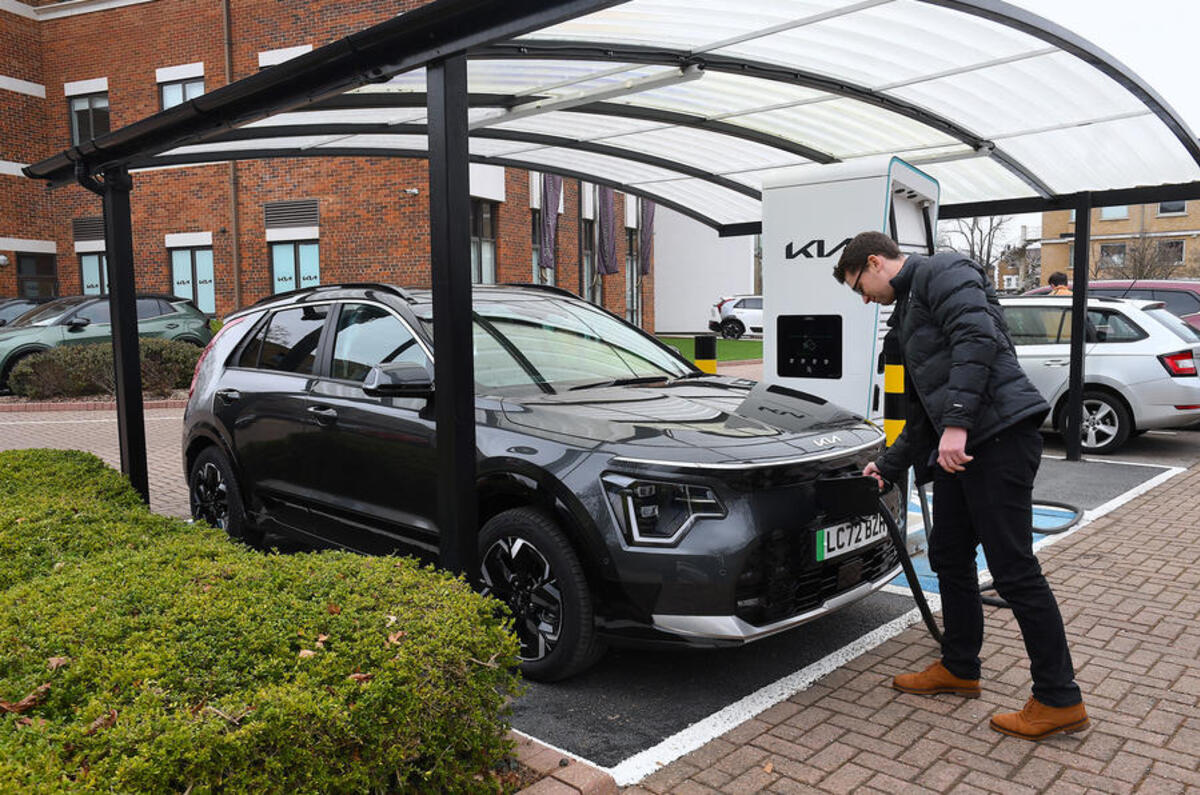




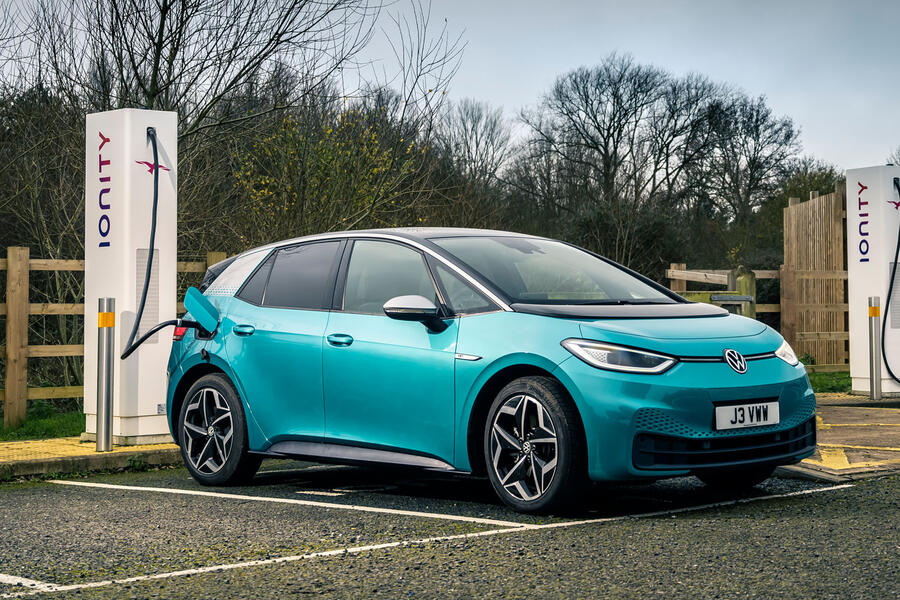
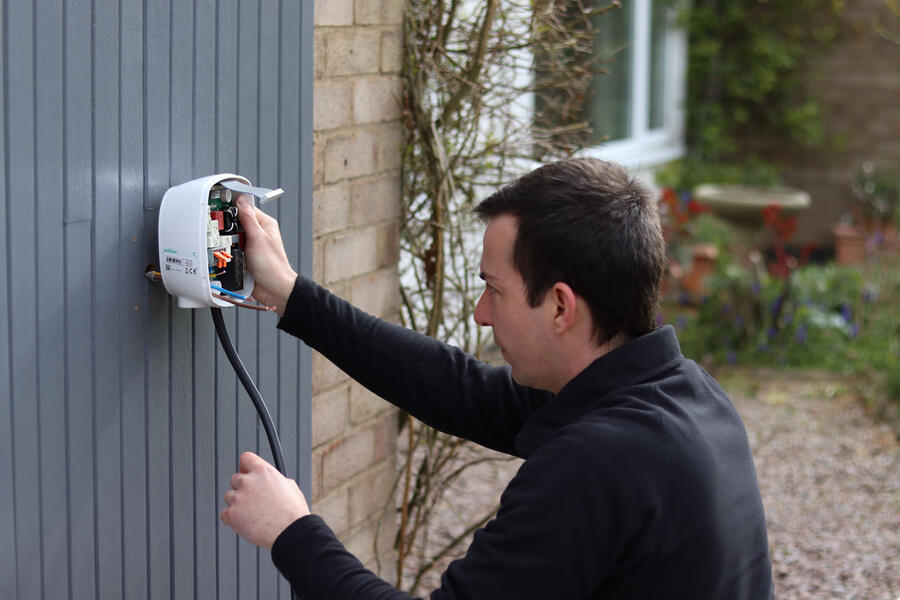
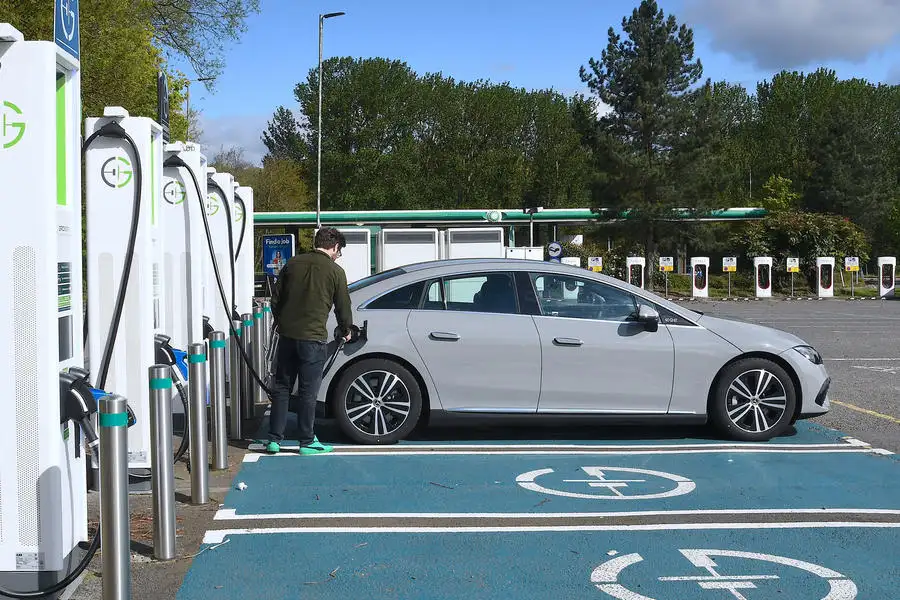
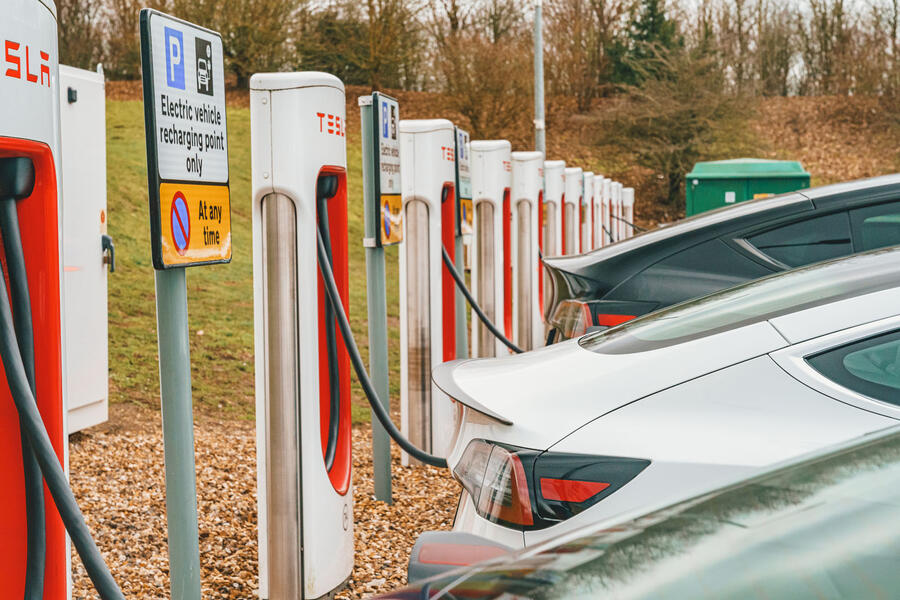






Join the debate
Add your comment
That £10K difference is roughly the cost of petrol to drive 60,000 miles. Add the extra depriciation and your up to the cost of petrol to drive 90,000 miles. Extra insurance costs, maybe a bit less on servicing. Put £10k in a savings acoount an that will earn you about £400 per year after tax.
Add the cost of electric charging and you probably have to do well over 150,000 miles to break even.
Tell me if I'm wrong.
You're wrong. You've not done specifics, you forgot to mention taxation, better car etc. As to the putting 10k into a saving account you'd get 400 back, you do realise inflation would negate that.
One more thing, compare a 29k base BEV Leaf against the base Corolla which is 30k. Not that simple is it.
I'd add to my last post that I passed a Reg Vardy garage today with ORA's being displayed at the entrance with large stickers showing special offers. It reminded me when I sold my old car to Vardy back in August, that garage too had Ora's outside. I asked the sales guy what the cars were like, not that I was interested in buying one, and he said they can't shift them. Apparently Vardy regret taking on the franchise. He said it's hard shifting any used EV's. Aparently the prices of higher end EV Audi's were dropping like bricks. I think the top 10 highest depreciating cars in the UK were all EV's.
Not according to What Car 2023, 7 in the bottom 10 were EV's and not a single Audi BEV was in the list.
Not sure when the article was written but at current prices, the majority of public chargers work out more expensive than petrol so unless you have home use, the car will cost you £10k and then some!
And lets address the elephant in the room, that £10k difference. Not withstanding some EV's depreciating at eye-watering levels, even if they were depreciating at the same rate, an EV would loose more money. If a £30k petrol car looses 50% after 3yr, it's worth £15k. If a £40k EV looses 50% after 3yr it's worth £20k. There's £5k in depreciation alone you have to claw back.
And then there's the insurance... and EV costs more to insure. You'd have to be doing HUGE mileages to claw back the extra outlay.
Has anyone actually done the sums or are they selective in which figures they chose to ignore to convince themselves EV is cheaper?